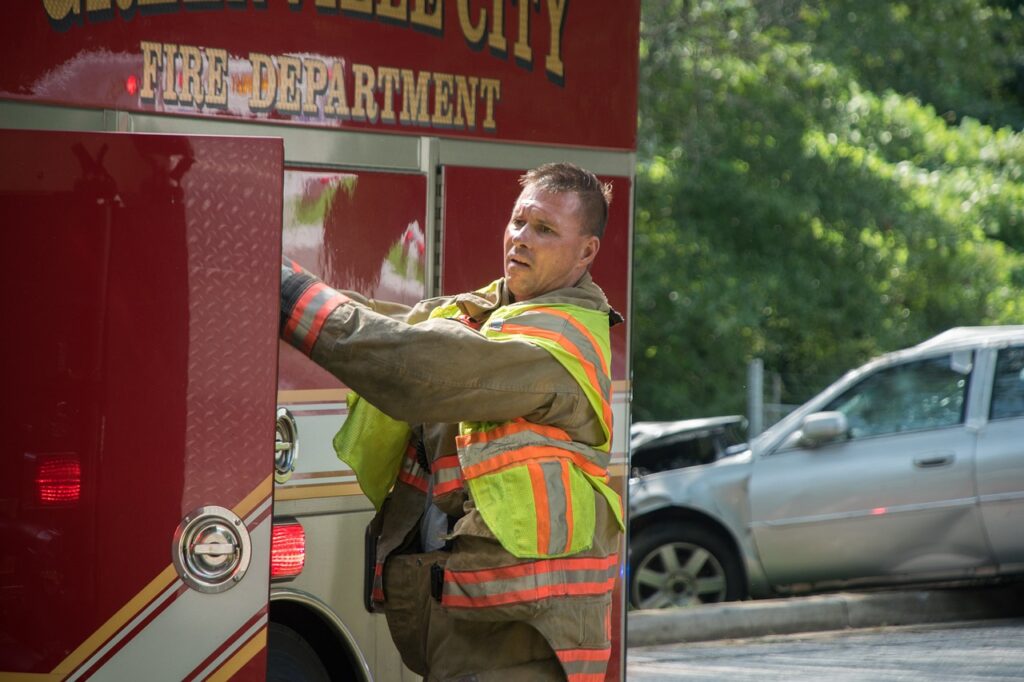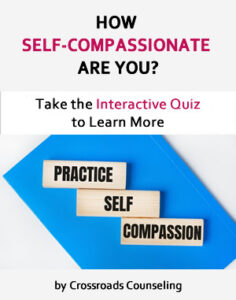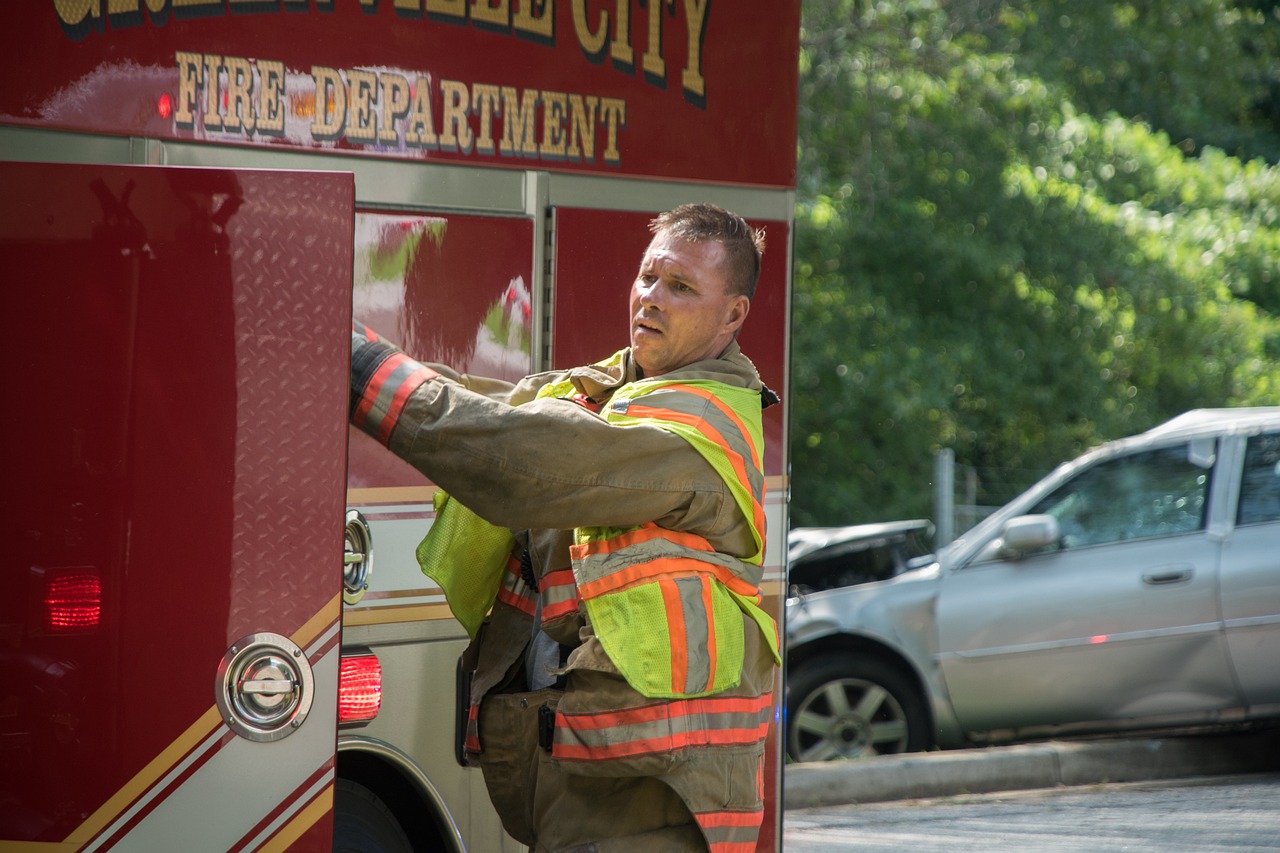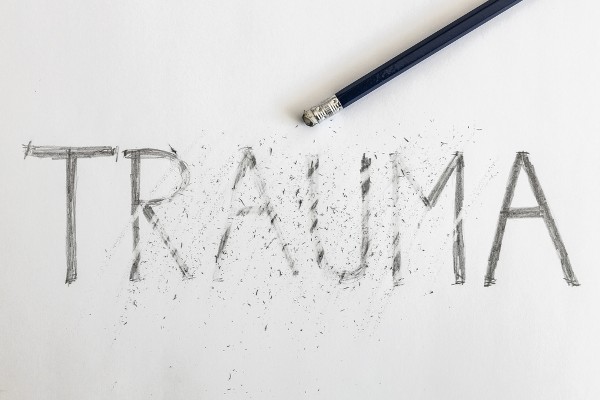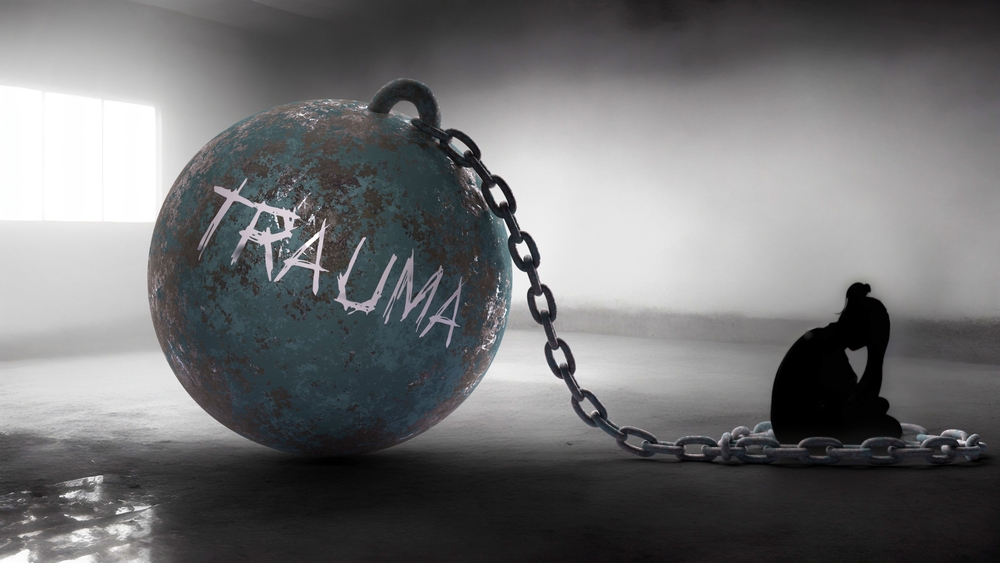Many people associate PTSD with veteran soldiers who have come back home after seeing and experiencing traumatic situations and extreme hardships.
While military veterans are often at a greater risk of developing PTSD, they certainly aren’t the only ones.
Many first responders struggle with this disorder, and not just after they’ve left the job. Unfortunately, mental health issues are a common problem with first responders, and understanding the signs of PTSD is essential.
Whether you work as a police officer, firefighter, EMT, or in another high-stress career meant to rescue others, it’s important to acknowledge when you’re struggling. Let’s take a look at some of the common signs of PTSD in first responders, so you’ll know when it’s time to reach out for help.
Emotional Numbing
One of the big differences between a first responder still working in the field and a military veteran is that the first responder needs to keep going.
Veterans can struggle with flashbacks. But, for many people working in first responder positions, their trauma keeps coming, and they have to push through those situations each day.
Therefore, many try to become “numb” to their own emotions. It’s a way of coping and dealing with traumatic situations that might otherwise cause extreme distress.
Unfortunately, this kind of emotional numbing can lead to other issues in life. You might start to have a hard time controlling your emotions, or you might “go numb” in your personal life, experiencing feelings of nothingness or detachment during major moments. Eventually, that can make you seem distant or cold to those you love.
Triggers and Flashbacks
Just because many first responders are still working with trauma each day, it doesn’t mean they don’t struggle with flashbacks.
Not every call you go on will be traumatic, but chances are you’ve experienced some situations that have stuck with you for quite a while. Maybe you’re an EMT who had to take care of a severely injured child who had been in a car accident. Maybe you’re a firefighter who experienced a life-threatening injury on the job.
Whatever the case, it’s common to have flashbacks of those situations.
You’ll probably also experience triggers that can make those flashbacks clearer and more prominent. Most people with PTSD try to avoid their triggers, no matter what. If you go out of your way to steer clear of the things you think will cause flashbacks, it could be a sign of something more serious.
Feelings of Depression and Anxiety
The symptoms of PTSD are often exhausting. They can also lead to other mental health issues, including anxiety or depression.
When you experience frequent flashbacks or you’re often triggered, anxiety can start to creep in and make you fear the “unknowns” more than ever. Over time, that can lead to depression, making it difficult to enjoy your career.
These mental health issues can also take a toll on your overall well-being. That leads to burnout, physical issues, and extreme stress. When that happens, it causes a vicious cycle that’s difficult to escape on your own.
What Can You Do?
As a first responder, you’re used to caring for others and putting the needs of strangers in front of your own.
However, you’re not immune to struggle. You deserve help and support when it’s needed.
If some of these signs sound familiar, don’t wait until you’re completely overwhelmed by trauma to seek out professional help. The more you do to care for yourself and your mental health, the better you’ll be able to care for others, especially in emergency situations. Feel free to contact a trauma therapist at Crossroads at our Scottsdale or Phoenix office locations to set up an appointment as soon as possible.
Call us at 623-680-3486,text 623-688-5115, or email info@crossroadsfcc.com. You can ask all the questions you have and see if trauma therapy at Crossroads is the right fit for you. To learn more about EMDR click here. Our offices are conveniently located throughout the Valley of the Sun including Phoenix, Anthem, Scottsdale, and online throughout Arizona. We would be honored to support you in better understanding how trauma could be impacting your life, work, and relationships. You can start your therapy journey by following these simple steps:
- Contact Crossroads Counseling
- Meet with a trauma therapist
- Begin addressing your relationship
Beyond Trauma: A Program for Transformation and Authentic Healing
We offer an intensive trauma therapy program designed to create positive change and healing in a relative short period of time. To learn more about our intensive trauma therapy services in Scottsdale, Phoenix, and Arizona please click here.
